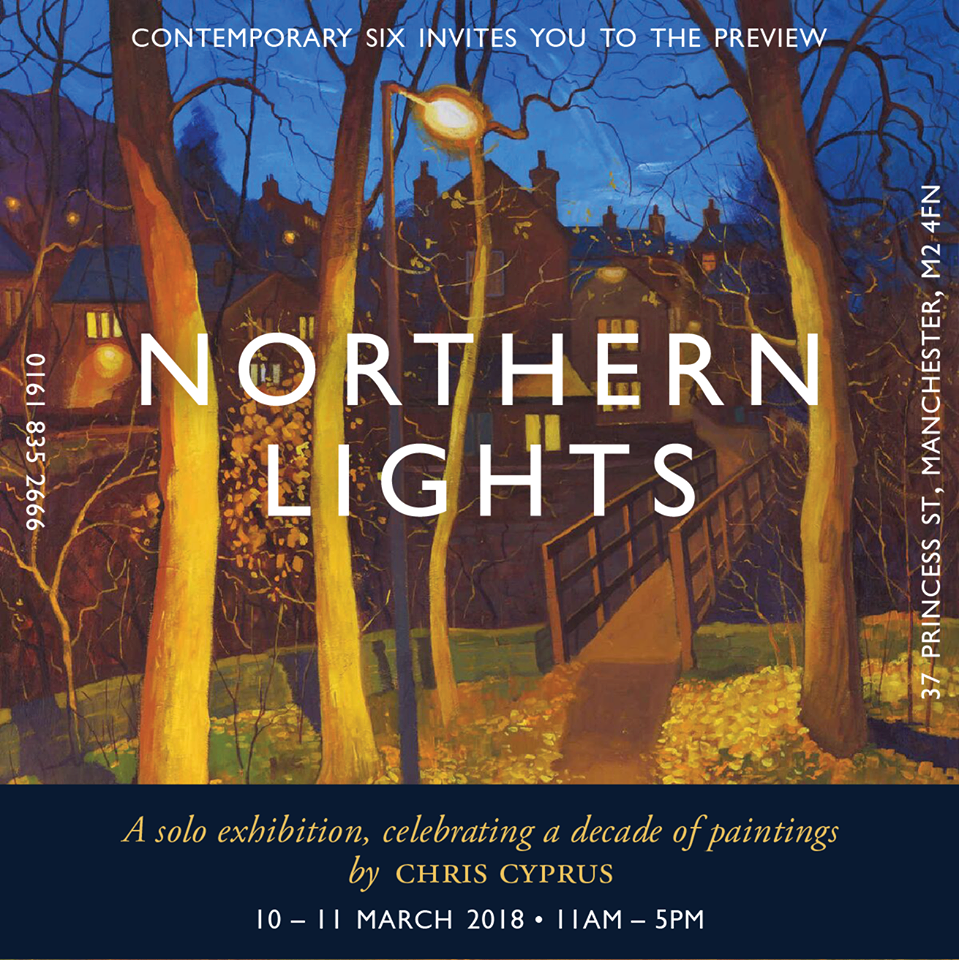In a series of editorials where leading writers are free to say what they want under a pen name, Little Bird writes about how the truth is under threat.
What do you know to be true? Actually know, first-hand, from personal experience, not just believe? Not very much probably.
To take a commonplace example, do you know if moles really exist? You think you do because you’ve read about them, viewed pictures, spotted little mounds of earth in the garden, but most people have never actually seen the creature. If you haven’t, you can’t say they exist for sure, despite being something we all feel familiar with. Your belief depends upon trusting information from a third party.
In fact, the ratio of what we actually know first-hand to what we believe based on third party information has grown increasingly unfavourable over time. With the development of the digital revolution, this process has accelerated rapidly. In simpler times, our knowledge ended with the boundaries of our environment. Now, information pours into our heads from all over the world, massively outweighing that which we acquire directly.
This process has enriched us. Sharing the lessons of new human experience, first via print and then broadcast media, deepened our understanding of ourselves and the world around us, enormously. The creation of the internet, followed swiftly by the innovation of the smartphone, cranked up the power to share knowledge to extraordinary levels. Aside from a few increasingly rare blank spots on the planet, we can now access a vast, constantly updating, archive of information on a countless number of topics, at any moment. What is the population of Bhutan? Bang. There it is. Who was the child actor in The Shining? Bang. There is your answer. Instant intellectual gratification on a universal scale.
This is fantastic, useful, convenient, informative, stimulating and entertaining. But there are those who would corrupt and exploit this in order to mislead. Moreover, the omniscient, omnipresent character of the digital realm leaves us peculiarly vulnerable to what started as a trickle of untruth and has become a flood of falsehood.
The all-encompassing nature of the internet means we have come to rely on it to manage our lives and to believe it has the answer to everything. Parents are familiar with the scenario in which a child produces some unlikely sounding fact and, when asked for the source of the information, simply says, ‘the internet’. As attribution goes, this has as much integrity as saying ‘a bloke in the street told me’, but somehow the internet carries more authority than that.
This may be because our brains are wired to view things through the old prism, when the power to publish information lay in fewer, more authoritative hands. To produce books and newspapers took expensive equipment, technical skill and privileged access to information. Consequently, to see something professionally laid out and printed in hard copy indicated that it came from a reliable source. Such was the power of the printing press that during the Russian Revolution you could be arrested and shot by the authorities if one was found in your possession.
These days we have the power to publish with a device we carry in our pockets, and social media provides platforms to make anyone’s output look slick and professional. If you want to go further then you can set up your own website with little bother. In effect, anyone can publish their own daily newspaper, with full editorial control. You can even fill it with images that can be manipulated with ease to illustrate your point.
However, although we have become more powerful as individual publishers, the constraints and controls that protect us as readers lag far behind. At a newspaper, for example, libel laws limit what you can say about people because the paper can be sued. By contrast, on Twitter, libel is spread constantly and yet legal action is rare since there is little financial logic in suing ordinary individuals who lack the wealth to pay meaningful damages.
The upshot of this is that the internet has become a Wild West of unregulated information and opinion, presented as fact, given credibility by the medium, free of quality control and often completely unaccountable. There are authoritative, professionally managed sources, of course, but these have to compete with a plethora of other, wilder peddlers of opinion, hearsay and conspiracy. With such an overwhelming array of possible sources available, and voice given to every point on the spectrum of opinion, many people end up in the same position they would be without any information: forced to take sanctuary in their own prejudices and speculations.
This is changing how we perceive the world. And now the reckless use of falsehood has migrated from extremists, terrorists, the disturbed and state-sponsored troublemakers to the mainstream.
There was an extraordinary example recently when the Conservative Party disguised its Twitter account as an independent fact-checking service, with just enough reference to the party to be able to defend it, while still fooling most readers. The aim was to counter claims made by the Labour Party, but by donning the guise of independence they not only undermine faith in political parties, but in fact-checking services too.
These fact-checkers, which barely existed five years ago, have sprung up all over the place, to tell us, daily, that political leaders (often the likes of Donald Trump and Boris Johnson) are sending out a constant stream of false claims. The pernicious innovation though, is not simply hollow political claims, but that they claim the truth is actually false. This is exceptionally dangerous territory.
The insidious concept of fake news is the most prominent example of this. Championed by Trump and now adopted by anyone with a disingenuous aim to discredit anything unfavorable to them, it has taken root in our society. At some level we know it translates as ‘I don’t like it therefore it is false’, but it creates genuine doubt too.
Paradoxically, we seem to now accept lies more readily. We are no longer fighting against this. ‘All politicians lie,’ people say, ‘so why worry about Trump, Johnson etc’. Being lied to is one thing, accepting it and electing people even though they lie with impunity yet another.
The pattern is deeply worrying. The question is what we can do. One important step would be regulation. The digital realm is like a newly discovered territory going through its lawless, frontier phase. Ultimately, if we are going to exist safely in it together and balance its risks and opportunities it will need a constitution, or a greater emphasis on rule of law, to protect us. In the name of free speech, some argue that additional controls limit our freedom, but the freedom to be deceived without recourse is a prison of confusion for everyone.
Little Bird
** All details correct at the time of going to press.











